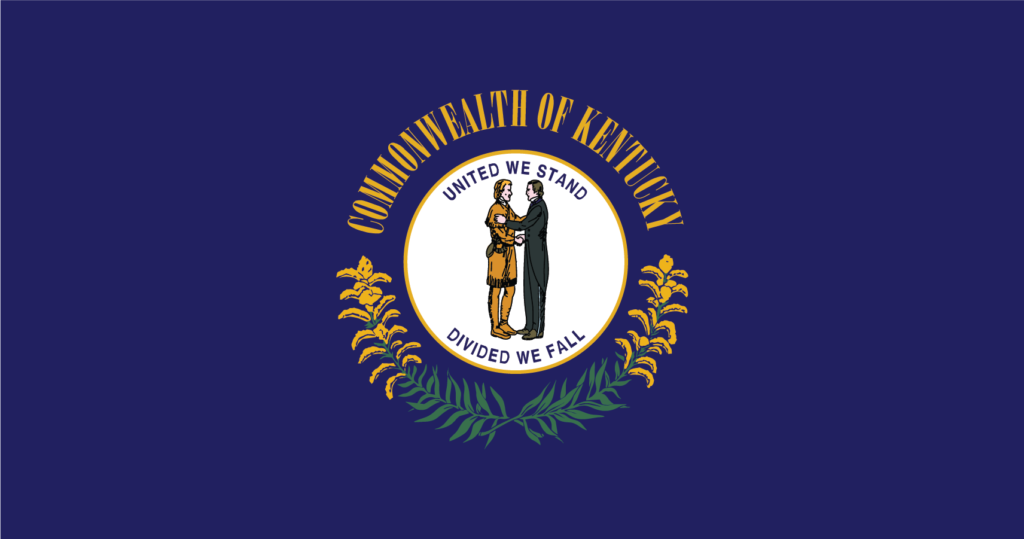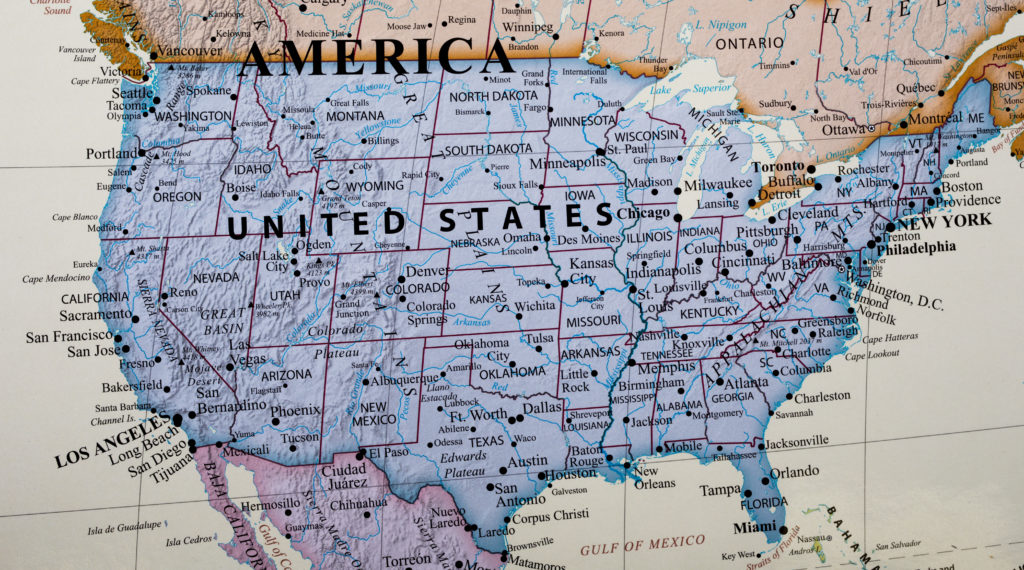Apprenticeships: Veterans and Military Spouses
Veterans and military spouses are two groups that often face barriers to obtaining and keeping employments. Veterans often have difficulties marketing their skills for the civilian workforce as well as in translating their skills, training, education, and experience into a new field. On the other hand, military spouses have trouble with the frequent moves that are common with military families. With the increasing numbers of jobs that require an occupational licensure, it is important to lower any barriers to licensure that might further hinder these two groups from employment. Occupational licensing regulations that do not account for veterans’ skills and experiences can cause them to pay additional fees for education and training necessary for licensure that they might already have gained in the military. For military spouses, the frequent moves can make it more difficult for them to transfer their professional licenses across state lines, possibly needing to gain additional experience or pay extra fees to practice in a new state. Both instances can discourage these groups from entering the labor market, and states have been working to mitigate these effects.
Read More »Apprenticeships: Veterans and Military Spouses






